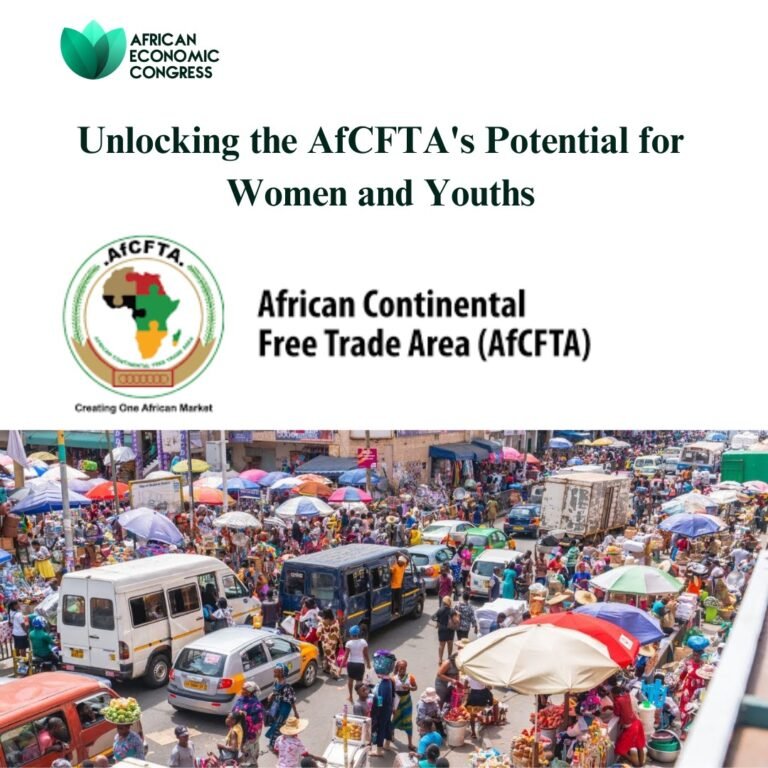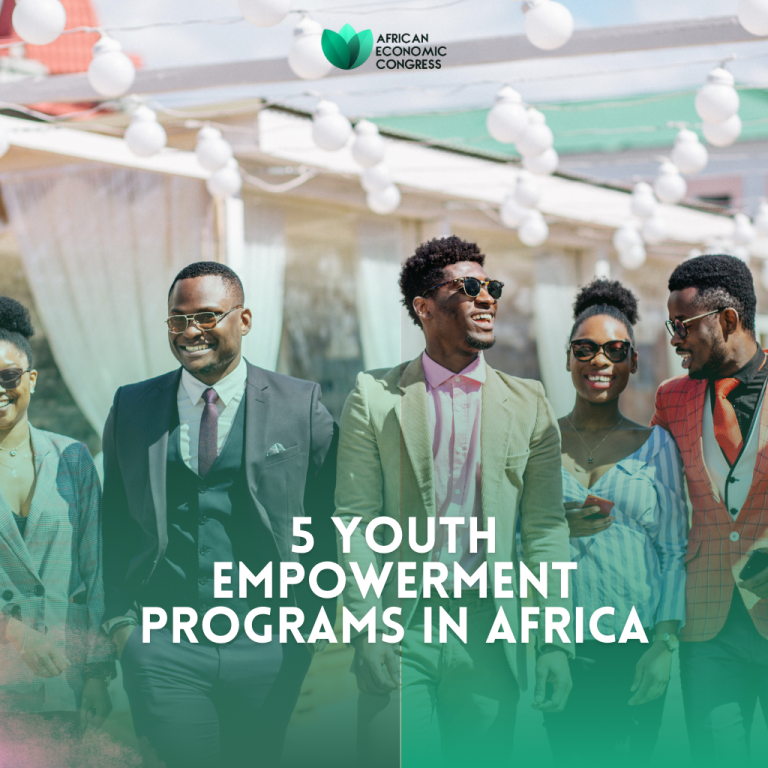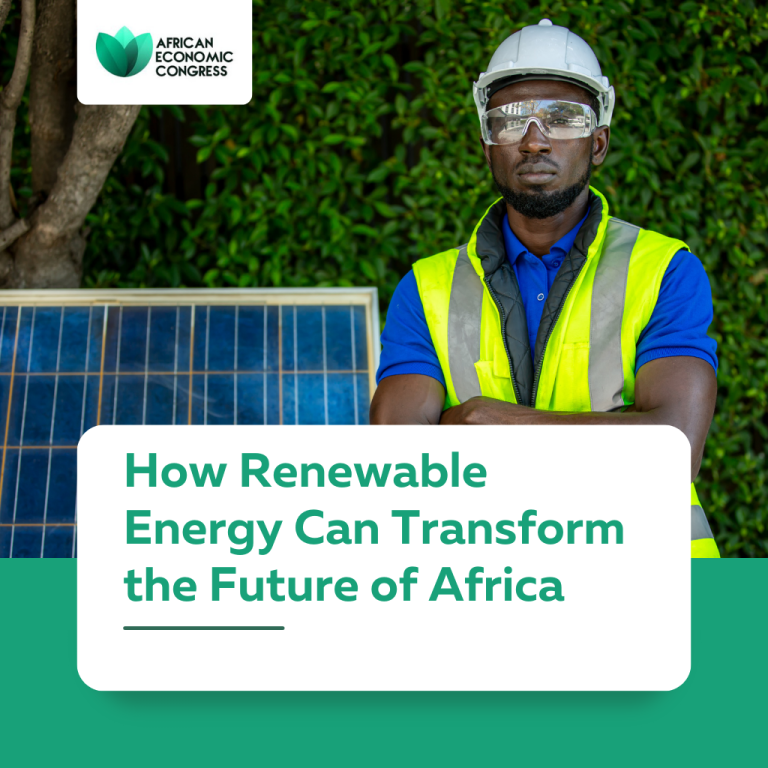How Renewable Energy Can Transform the Future of Africa
Imagine waking up in a village where the sun rises above solar panels, powering homes and schools.
What do you think of farmers irrigating their fields with water pumped by wind turbines and children studying under the bright glow of electric lights instead of dim kerosene lamps?
This is not a scene from a distant future or a blockbuster movie, but a vision of what renewable energy can achieve for Africa today.
Renewable energy holds the key to unlocking a brighter, healthier, and more prosperous future for the continent.
In a land blessed with abundant natural resources, the potential for solar, wind, hydro, and geothermal power is immense.
Let us explore how renewable energy can transform Africa, bringing light and hope to millions and paving the way for sustainable development.
What is Renewable Energy?
Renewable energy is power that comes from natural sources. These sources are called renewable because they never run out.
Unlike oil, coal, and gas, which can be used up, renewable energy sources are always available.
Types of Renewable Energy in Africa
Solar Power: Africa has abundant sunlight, making solar power an excellent option. Solar panels convert sunlight into electricity. They can be installed on rooftops, in fields, and even in remote villages.
Wind Power: Some parts of Africa have strong winds that can be used to generate electricity. Wind turbines capture the energy of the wind and convert it into power. Wind farms can be set up in areas with consistent wind patterns.
Hydropower: This type of energy comes from moving water. Dams and rivers can be used to generate electricity. Africa has many rivers that can be harnessed for hydropower, providing a steady and reliable energy source.
Biomass Energy: Biomass energy is produced from organic materials like plant waste, animal manure, and wood. This type of energy is renewable because the materials used can be regrown or replenished.
Geothermal Energy: This type of energy comes from the heat inside the earth. In some parts of Africa, geothermal energy can be harnessed to generate electricity.
Benefits of Renewable Energy for Africa
Health Improvements: By replacing kerosene lamps and wood fires with clean energy, the air quality improves, reducing respiratory diseases and health problems caused by indoor air pollution.
Education: With reliable electricity, schools can stay open longer and use modern teaching tools like computers and the Internet. This improves education and helps students learn better.
Job Creation: Building and maintaining renewable energy systems creates jobs. Engineers, technicians, and labourers are needed to install solar panels, wind turbines, and other renewable energy infrastructure.
Sustainable Agriculture: Renewable energy can power irrigation systems, helping farmers grow more food even during dry seasons. It can also power cold storage facilities to preserve food, reduce waste, and improve food security.
Community Development: Access to electricity helps communities develop. Street lighting improves safety, clean water systems can be powered, and small businesses can operate efficiently, all contributing to a better standard of living.
How Renewable Energy Can Transform Africa
Electricity for All: Many people in Africa do not have access to electricity. Renewable energy can help bring electricity to rural and remote areas. Solar panels and wind turbines can be installed in places where it is too difficult or expensive to extend the power grid.
Economic Growth: Renewable energy can create new jobs in Africa. Building solar farms, wind farms, and hydropower plants requires workers. Training programmes can help people learn the skills needed for these jobs. This can reduce unemployment and boost the economy.
Health Benefits: Using renewable energy can improve health. Fossil fuels can cause air pollution, which leads to respiratory problems and other health issues. Clean energy sources do not pollute the air, making it healthier to breathe.
Climate Change Mitigation: Climate change is a serious problem caused by burning fossil fuels. Renewable energy does not produce carbon emissions, which helps fight climate change. By using more renewable energy, Africa can reduce its carbon footprint and help protect the planet.
Energy Independence: Many African countries rely on imported fossil fuels, which can be expensive and unstable. Renewable energy allows countries to produce their energy, reducing dependence on imports and enhancing energy security.
Challenges to Overcome
Initial Costs: Setting up renewable energy systems can be expensive initially. Governments and organisations need to invest in these systems to make them affordable for everyone.
Infrastructure: Some areas lack the infrastructure needed to support renewable energy projects. Building roads, power lines, and distribution networks is essential to ensure that renewable energy reaches everyone.
Education and Training: People need to be educated about the benefits of renewable energy and trained to install and maintain these systems. This requires investment in education and training programmes.
Policy and Regulation: Governments need to create policies and regulations that support renewable energy. This includes providing incentives for renewable energy projects and removing barriers to investment.
Some Successful Renewable Energy Projects in Africa
Lake Turkana Wind Power Project (Kenya): This is the largest wind farm in Africa. It provides a significant amount of Kenya’s electricity and has created many jobs.
The Noor Solar Complex in Morocco: One of the world’s largest solar plants, it provides electricity to over a million homes. This project shows how large-scale solar power can be harnessed effectively.
Aswan High Dam (Egypt): One of the world’s largest embankment dams and a major source of hydropower, it provides electricity and supports irrigation and agriculture.
KaXu Solar One (South Africa): One of Africa’s large-scale concentrated solar power (CSP) plants, the plant is aimed at increasing the country’s renewable energy capacity and reducing reliance on coal.
Borno Solar Power Project (Nigeria): Developed by the Borno State Government in partnership with international donors, the project highlights the role of renewable energy in post-conflict reconstruction and development. It aims to provide reliable electricity to support humanitarian efforts and foster economic recovery.
Conclusion
Renewable energy has the power to transform Africa. It provides clean, reliable, and affordable electricity, which is essential for development.
By investing in renewable energy, Africa can improve health, boost education, create jobs, and protect the environment. The future of Africa is bright with renewable energy, and everyone can play a part in making this transformation a reality.
Whether through supporting policies, investing in projects, or simply spreading awareness, we can all contribute to a sustainable and prosperous future for Africa.



